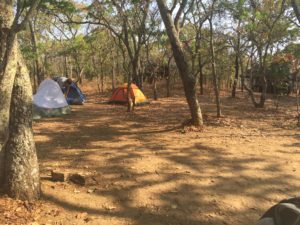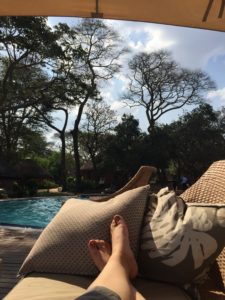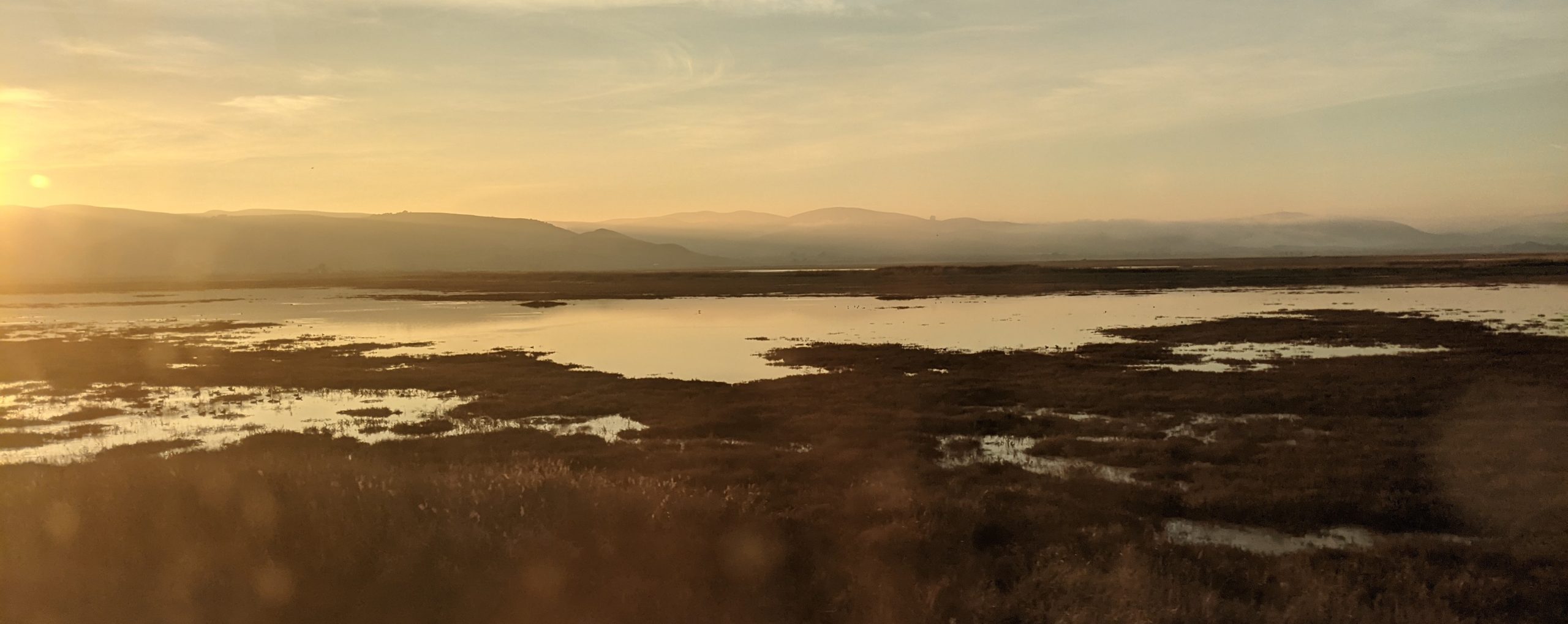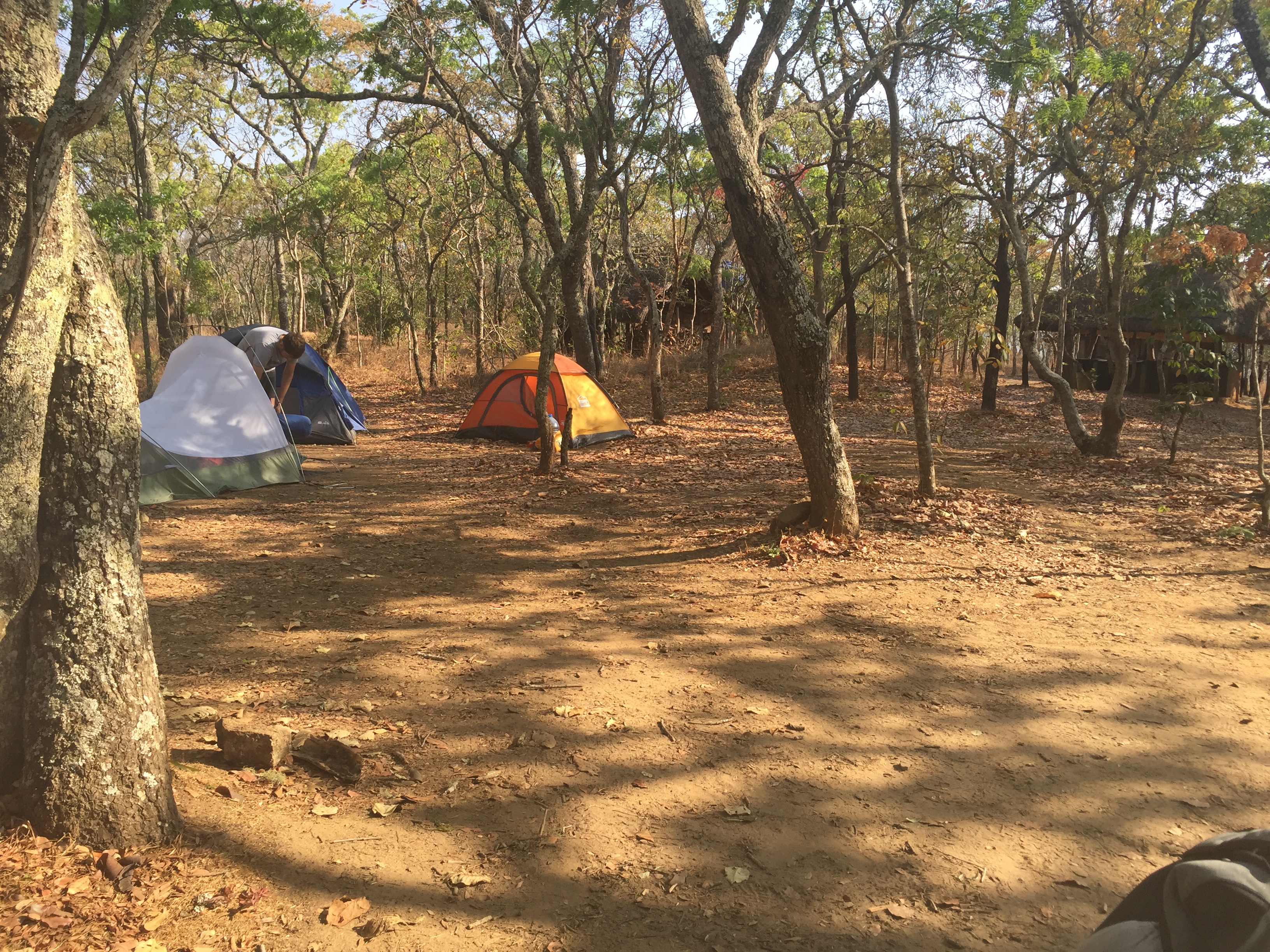If you were thinking about getting me some ginger tea for my birthday (happy birthday to me!) but suddenly realized you can’t mail it to Zambia, donate that $5 to one of Givewell’s top charities.* This relates to the topic of this post, so if that seems intriguing, read on.
I’ll put a disclaimer that isn’t a *fun* topic like getting a car or running with antelopes or whatever. But I think it’s important. And here’s some calming tea.

The development aspect of my blog is going to be about the steps and best practices that are being taken to end global poverty and reduce inequality.
These next two posts, however, are more visceral. They’re about some of the emotional reasons I care about global poverty and why I think you should, too.
A few months before coming to Zambia, I got into a random conversation about moving to Zambia to work in international development, and I expected the person, like most people, to say something like “oh, that’s so exciting! You’ll be doing such important work”. I expected I’d walk away excited for my job and feeling like a good person.
But this time, I said I was going to Zambia and this person responded (paraphrased):
“That’s interesting you’re making that choice. You do know that in Zambia you’ll be living with a gate and a guard and this great life in the nicest neighborhood in your city. You’ll be hundreds of times richer than the people you’re trying to help. And after working in poor areas, you’ll go home to the wonderful house you’re living in. How will you feel about that? Won’t it eat at you?”
I am someone who appreciates brutal honesty. I appreciate this person’s comment even more now, because, of course, they were right.
Global poverty and inequality eats at me every day.
Not every moment, of course. I have a lot of great times here, which you’ve hopefully already seen on this blog. And one can’t spend every second morose. But there’s not a single day that’s passed here that I don’t think about inequality.
This weekend I went camping! It was great! I saw a baby hippo!

But then I think about what percentage of the average Zambian’s salary a tent would cost.
I go to a fancy house, see a maid or a guard. I know their monthly pay is about my monthly grocery bill (the monthly grocery bill of a frugal vegetarian living in Zambia) and they’re probably supporting a family on that.
I drive from my fancy office with a pool to my fancy house with a pool and there’s a pair of unhealthily skinny eight-year-old kids (but who knows, they could be 13) trying to sell me some pineapple for a dollar.
I close my car window.
Poverty and inequality deeply, deeply bother me in a way it never did when I lived in the United States.
(I think it should’ve bothered me more then, too, which I’ll go into this a bit more in the next post).
What keeps me going in this tension, even with all this eating at me, is knowing what I’m fighting for in this job is a world where anyone can go on safari and see a baby hippo.
I know that sounds dumb.
But what I mean is, I want to fight for people to have security in their health, food, water, safety, and other basic needs, not only for the sake of these things in themselves, but so they can flourish.
I hope for a world where anyone can choose to be an artist. I hope for a world where anyone can afford to eat a grilled cheese sandwich any day. I hope for a world where no one has to worry about whether they can eat the next day. I hope for a world where anyone in a landlocked country can visit the ocean. I hope for a world where parents can have a baby and be able to be wholly immersed in that joy, without having to worry it’ll die of an easily preventable disease.
I hope for a world where all people can have access to these materials and experiences, small and large, that make life worth living.
I’m still an idealist.
When I say I want inequality to end, I don’t want everyone to be living in a one-room house with no toilet. I want everyone to be able to have the opportunities—in choice, in art, in food, in safety— I have (even though they probably wouldn’t make the same decisions as me), so it would be silly for me to not take advantage of them.So, I reason, if I am one of the materially blessed, who does have access to these things, I should take advantage of at least some of them. I should live the good life to some extent. (And I do).

And I think that reasoning for being kind of bougie has some merit, but at the same time, it’s a cop-out.
I don’t think it’s good enough. And I don’t think it should be good enough for you either.
I’ll begin to unpack this in my next post.
***
*Three points here. First, as a disclosure, my organization works with Givewell. Second, I have admired Givewell’s work since 2015, before I’d even heard of my organization, much less started working here, so point the first is not the reason for this endorsement. Third, in this case and overall, this blog is solely my opinions and does not necessarily express the views of my organization.

